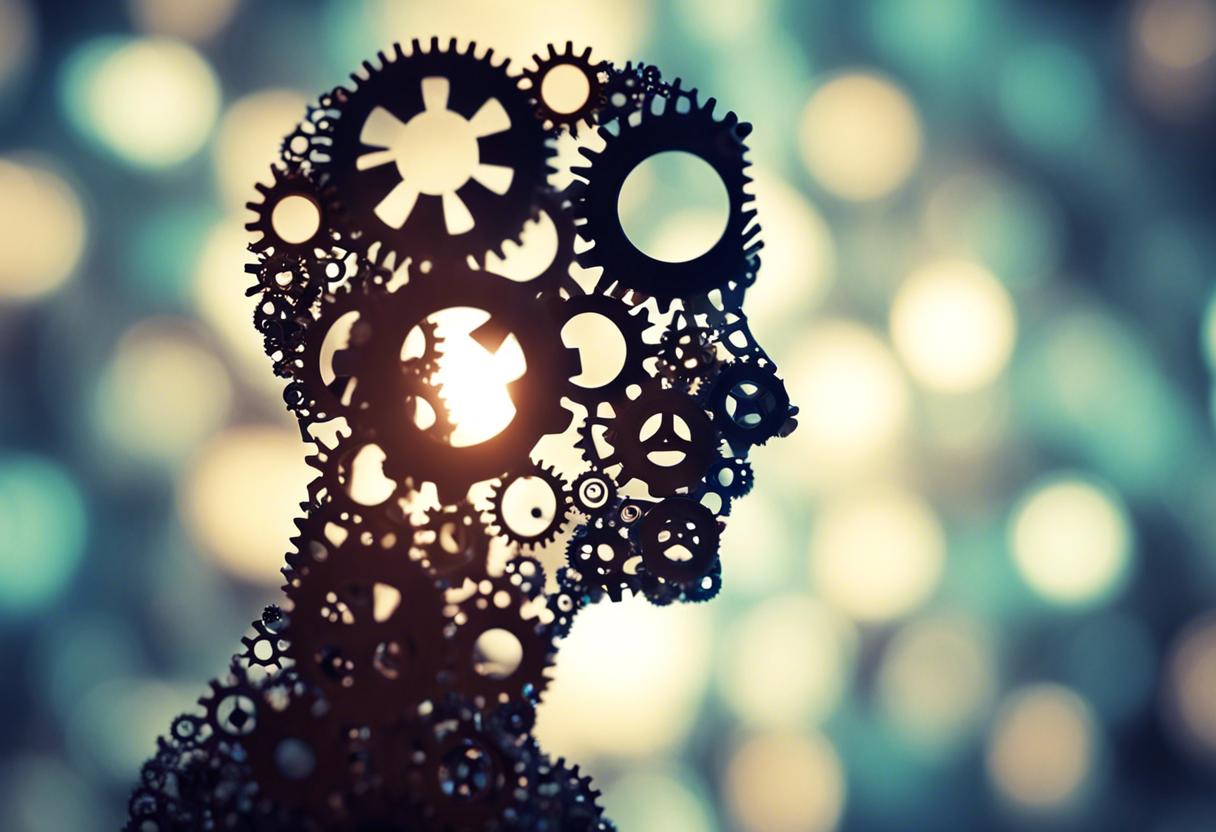At the conclusion of a seminar or lesson, I often prompt members to share three new pieces of knowledge they’ve acquired, two areas that they are eager to delve deeper into, and one aspect that reshaped their perspectives. It’s important to remember that acquiring knowledge is an active engagement and it grants me an insight into their perception of the class, which at times doesn’t coincide with my experiences despite my 25 years in education.
I have found these questions to be universally beneficial. In the monotony of the lockdown period, where it seemed like every day was an echo of the previous one, I attempted to create an everyday family diary where we would answer these questions. Sure, any parent of a teenager can expect how this might be received, but amidst the teenage skepticism, there would occasionally be a spark of enlightenment. My partner approached these practices with an admirable seriousness, often going out of his way to acquire new knowledge or shake his perceptions when the day seemed lacking. On gloom-filled days, I pose these questions to myself and always manage to find at least a few answers. Perhaps the lessons were as simple as realising that preparing my breakfast ahead improves my morning routine, learning that my neighbour’s mother is in town for a holiday from Arizona, or finding out about another hotel in ruins. However, these tidbits of knowledge subtly shift my perspective of the world daily.
Usually, I obtain details about others that assist me in being a more considerate friend or parent – like uncovering a mutual concern with a friend or unravelling new passions or worries afflicting my child. If I remain oblivious to something that could improve my role as a teacher, author, chef, citizen, or partner, that most likely falls on my lack of attention. Constant learning and evolving is a part of our lives, sometimes unbeknownst to us. The trick is to remain cognisant of these gradual shifts rather than attempting to govern them.
A question prompting a desire to learn more serves as a guide for my curiosity, steering it towards the pursuit of answers rather than simply flicking through knitting guides or sporadically indulging in online retail therapy during work breaks. The subjects for my curiosity needn’t be profoundly worthy; sometimes, it might be an urge to delve deeper into the historical context of a current event to shape a more informed viewpoint. Other times, it could be something as simple as wanting to identify a bird or plant, or understanding why an architectural beauty I often pass by is now dilapidated. The essence lies in having a sense of direction, staying present, and not straining unnecessarily.
On revisiting and altering my viewpoints, I consider this the most crucial. In a society where we often harbour staunch, communal beliefs about the state of things and how they should ideally be, the act of open-mindedly reconsidering our views serves as a beacon of hope. There can exist a situation where another person may have a valid viewpoint. It could be that new data, proof or perspective has surfaced, or it might be that growing older and accumulating life experiences have brought about a fresh outlook. Although the course of reshaping one’s judgement can be a never-ending and slightly unnerving journey, what intrigues me is the journey and the notion of revising beliefs itself, rather than purely political conversions. My fondness for certain foods, colours or activities that I previously found unlikable (fennel, the colour yellow and yoga) serves as a reminder that preferences can change over time; if fennel isn’t as repulsive as I initially thought, perhaps there are other things I initially disliked that are deserving of a second chance. Through months of contemplation and reviewing, my perspectives on how white individuals should perceive and discuss racial topics, the reasons why an individual might attempt to regulate their weight, and the worth of assessing pupils’ work on paper versus digitally have altered. Whilst I find it challenging to envision altering my staunch beliefs concerning social justice, human rights and responsibilities, I frequently discover unanticipated methods of implementing or adjusting these beliefs.
I find that even as I repeat the same actions, expecting consistent results is a mere illusion of reality. However, if you’re familiar with classic literature, you’d identify with the mindset of a well-off Caucasian male. Until some time ago, I was under the notion that everyone’s mental landscape comprised endless arrays of light, sound, scent, taste and touch. My affinity for sourdough and kale isn’t the root of the problem; access to wholesome food ought to be a rightfully owed necessity.
There exists a choice to either transform your thinking or your physical self. Although changing perceptions presents itself as more engrossing and practical in comparison to changing one’s physique, societal pressure combined with the visible prominence of fitness centres at every nook and corner encourages the latter.

